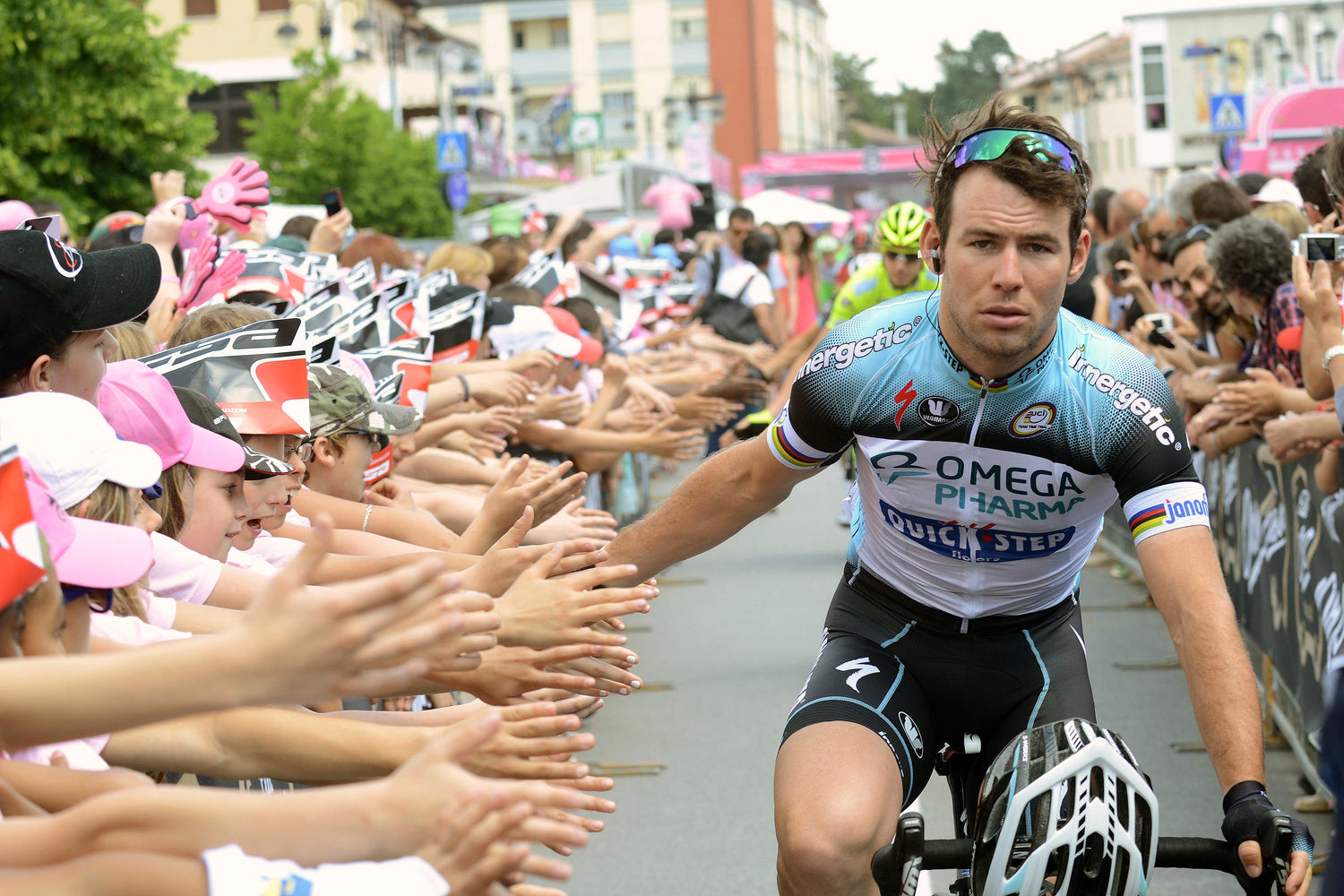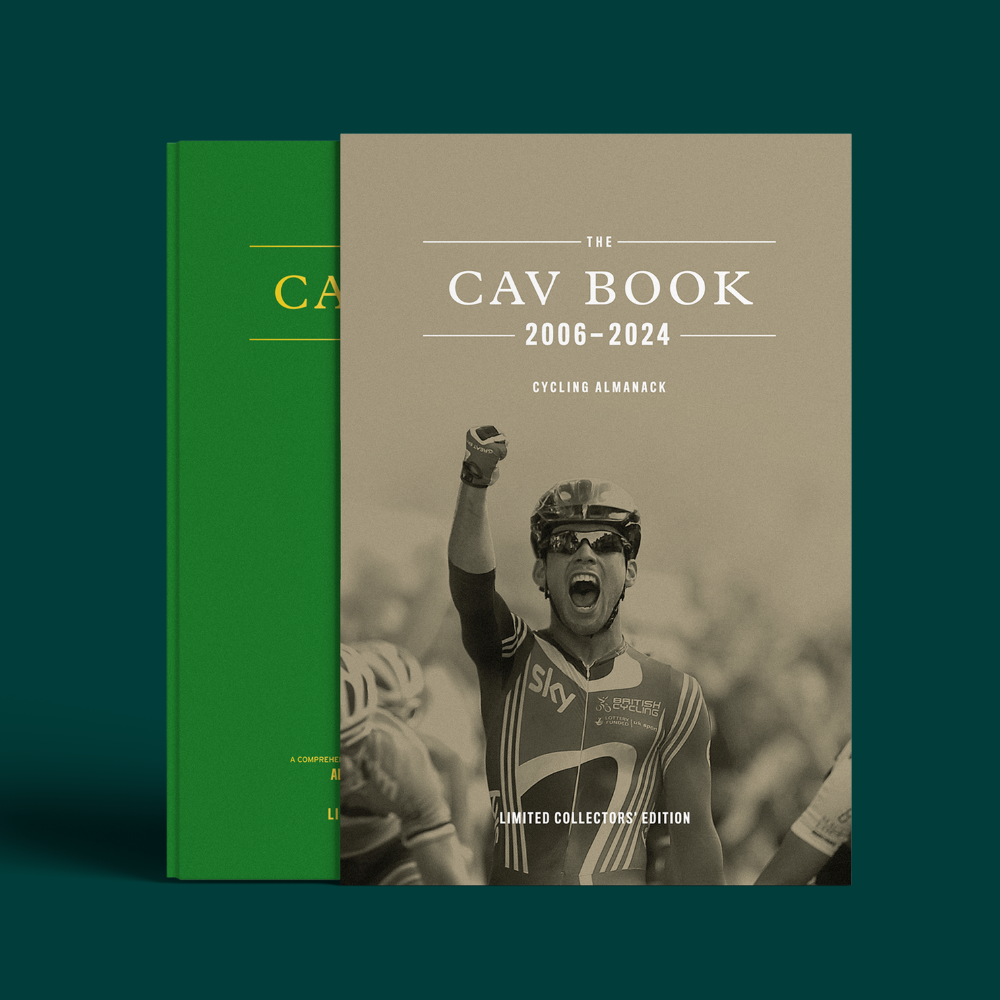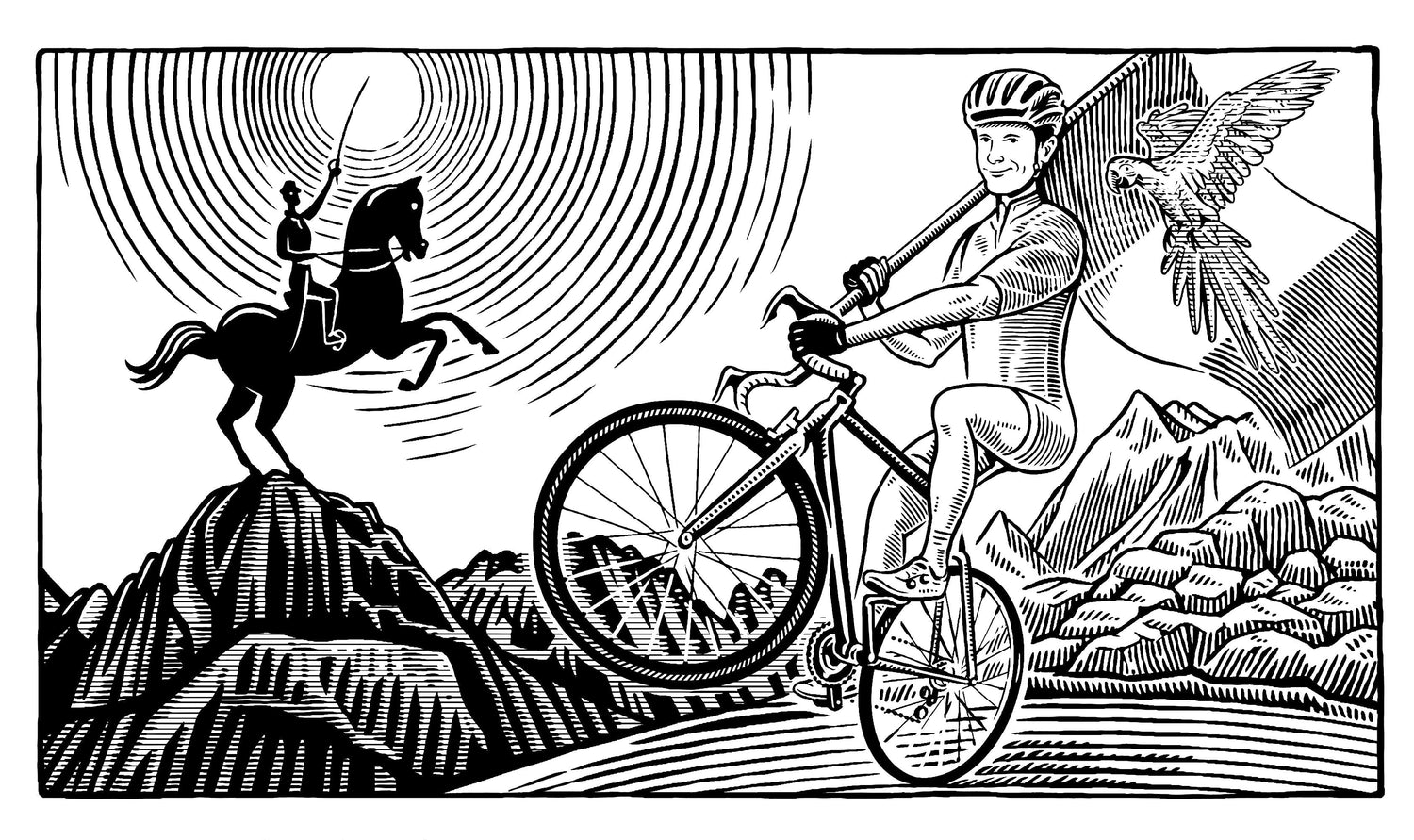Extract from The Road Book 2020 Edition. To read the full essay from Ashleigh Moolman-Pasio and many more from our array of incredible contributors, purchase your first edition copy today.
Maybe this is the year. Maybe this is the time that we’ve been building up to, that people will look back on and say, ‘That was the moment.’ Then again, maybe nothing will change… but that’s not the way I see things.
When Spain was forced into complete lockdown because of the Covid-19 pandemic, like everyone else, I was faced with the shock and challenge of having my daily life turned upside down. For me, the greatest change was training inside. I couldn’t fathom training the big hours I was accustomed to, nor that I would be able to keep it up for weeks or months on end. But what choice did I have?
I watched as the world outside completely changed – and as my inside world did too. Within a few weeks, the Zwift training wheels were off. I was exploring the virtual island of Watopia, joining meet-ups, racing, eventually hosting my own weekly women’s ride for Liv, pushing mega power and loving every second. My training didn’t suffer; my power actually got better. I enjoyed being able to connect socially more easily and regularly online than I could ever do in real life. I still missed the road, but until now I had been missing out on the untapped potential that the virtual world had to offer. It was like the world opened up again and I started to see something I had never seen before.
—
Many athletes and coaches will tell you that to achieve big athletic goals, you have to eat, sleep, and dream cycling. If you want to medal at the Olympics, for four or more years you have to think of nothing else but the Games. But as I’ve grown into my sport, into my profession and into myself as a person, I’ve accepted that isn’t the way I’m wired. Cycling is my passion, but I’ve always been driven by a deeper purpose. For me, it wasn’t just about getting to the Olympics and winning races, it was also about then figuring out how that path, opportunity and mindset could be used in a bigger way. And I had a vision of making positive change in women’s cycling.
When I began to pursue cycling, I was unclear how to effect the change I wanted to see. At first it was about chasing goals and owning that ambitious persona to empower other women. Season after season, I continued to push for women’s cycling whether it was encouraging a developing rider on the team, doing an interview about the lack of broadcasting or pay inequity, blogging about the realities of being a female pro in a male-dominated industry, or just spreading the message that women can dream big. I found purpose in speaking up and I was encouraged by others to continue, so I knew I was going in the right direction.
However, I didn’t always receive positive encouragement. Occasionally there was backlash, and many times I felt I couldn’t speak up freely. ‘Just ride your bike, Ashleigh,’ or ‘Just focus on the racing,’ I was told many times by the annoyed people I was challenging, but the more success I had in my career, the more I was able to speak up. Fighting for change in a system where your job security is easily threatened is risky, and many riders are in a more vulnerable position – younger, newer, not as highly ranked – than me, but if I identified an opportunity to speak up, I took it. I couldn’t ignore what I saw.
And what I constantly saw was that women’s cycling is always marginalised. It’s always compared to men’s cycling and unjustly seen as inferior. In a catch-22, we can never seem to get the coverage we need to warrant more investment, but without investment we never seem warrant enough coverage. That circles back to an overall lack of resources in the sport, which means there is lack of opportunity and development, underpaid staff, little tolerance for change, and cut corners that lead to bad faith and abuses in power. Fighting against these deeply ingrained cultural norms makes change slow and extremely difficult.
I never want to diminish the incredibly dedicated, passionate people in women’s cycling who have devoted their lives to the sport. Without them the sport would fail and the positive changes I’ve personally seen in the last ten years would never have occurred. Nevertheless, we need more change and growth in all aspects of the sport, from broadcasting to the UCI. We need to connect the dots in cycling – to bring all the spheres of cycling together – to create a more promising future for women’s cycling where we can lead the next generation into a sport with more inclusivity, equal opportunity and long-term sustainability. That vision became the purpose behind my passion for cycling. And like a good athlete, I will keep working towards it as hard as I can, both on and off the bike.
Part of that vision gave birth to Rocacorba Cycling. If you want to boil it down, we’re a cycling hotel. We have a few houses for accommodation on a historic Catalan estate that we’ve renovated to include bike rental, high-performance services and much more. We host camps and pro teams with the idea of one day running a women’s team, hosting the service course, and allowing guests to come and train on the facilities just like the professionals. It’s a place where everyone is on equal ground and can share their passion for cycling on the magical roads and trails of Girona. But it’s about more than just beds and bikes: it’s a demonstration of how connecting the dots in cycling can bring about sustainability; it’s a hub that brings the athlete, lifestyle and business parts of cycling together; it’s a boots-on-the-ground, putting-the-theory-into-action, leading-by-example kind of project. I still need to blog and do podcasts, interviews and social media, and hold a space of leadership in my team and community to speak up for change, but Rocacorba Cycling is a different tool to achieve the same goal, where – one guest at a time – people change their appreciation of and engagement with women’s cycling.







